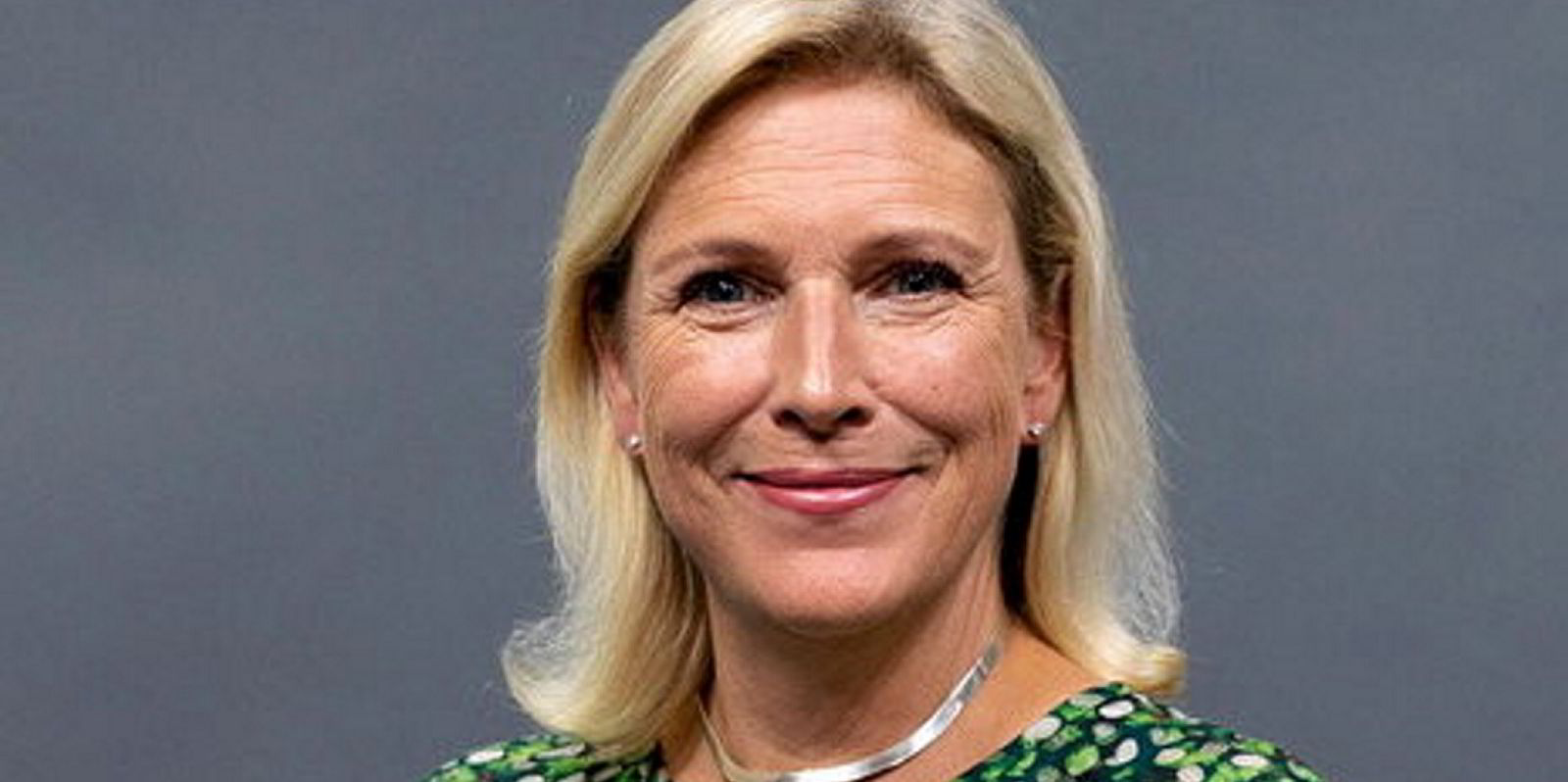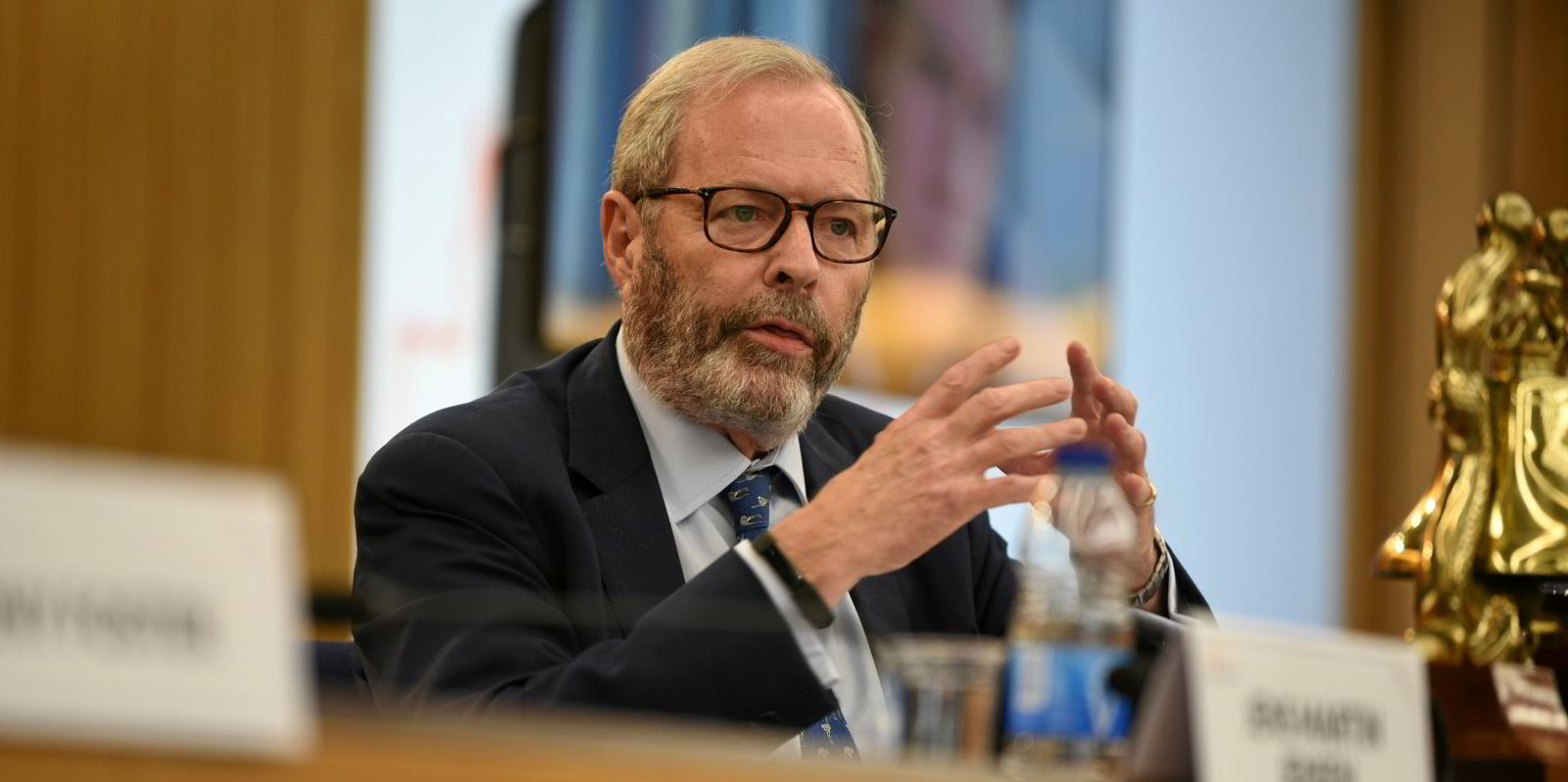The UK needs to make more specific plans and targets to beef up its aims to be a world leader in zero-emission shipping by 2050, according to a parliamentary report.
Measurable targets and a focused plan need to be added to the 2019 Clean Maritime Plan so the industry has clarity about the fuels and vessel types that will be supported, the House of Commons Transport Committee said.
The Maritime 2050 strategy “must include funding commercialisation of decarbonisation technologies, and practical action for realising widespread adoption of shore power”, the cross-party committee said.
Least progress has been made on developing port infrastructure, the report said, exemplified by a lack of action resulting from the Department of Transport’s 2018 Port Connectivity Study.
“We urge the government to bring forward its planned call for evidence on planning and delivering infrastructure for the freight and logistics sector and use this, in combination with the 2018 study, to develop concrete priorities and plans,” it said.
“A more focused plan is now necessary to give the industry certainty about the part it will play, the fuels and vessel types that will be supported, and the regulatory environment that will be in place to achieve net zero by 2050.”
The UK Chamber of Shipping responded to the report by saying a mixture of public and private investment will be needed well beyond the levels seen to date.
“The committee is right to recognise that this will need long-term investment from the government and that a focus on scaling up viable technologies must be a priority,” it said.
The chamber called on the government to bring forward the Clean Maritime Plan without delay.
Setting out key performance indicators and targets would make it possible for the transport department to track where progress has or has not been made, the committee said.
It welcomed the allocation of £206m (£252m) in funding for research into the development of clean maritime technologies following the March 2022 government launch of the UK Shipping Office for Reducing Emissions as a first step towards serious financing of initiatives.
The report said it was the first office dedicated purely to making the maritime industry greener.
But it said the fact that coastal shipping and inland waterways were overlooked within Maritime 2050 was a missed opportunity.
The committee also pointed to concern at what the sacking of 800 employees by P&O Ferries in March 2022 has done for the reputation of the sector and the prospects of attracting new recruits.
David Tournay from the Maritime Skills Alliance said: “What happened at P&O is incredibly disappointing in the image it portrays about long-term secure employment and careers in the sector.”
The report said UK innovators have a major commercial opportunity in the development of smart shipping and autonomous vessels. Safety and regulatory standards need to be upheld, but it is “important this momentum is not lost”.





